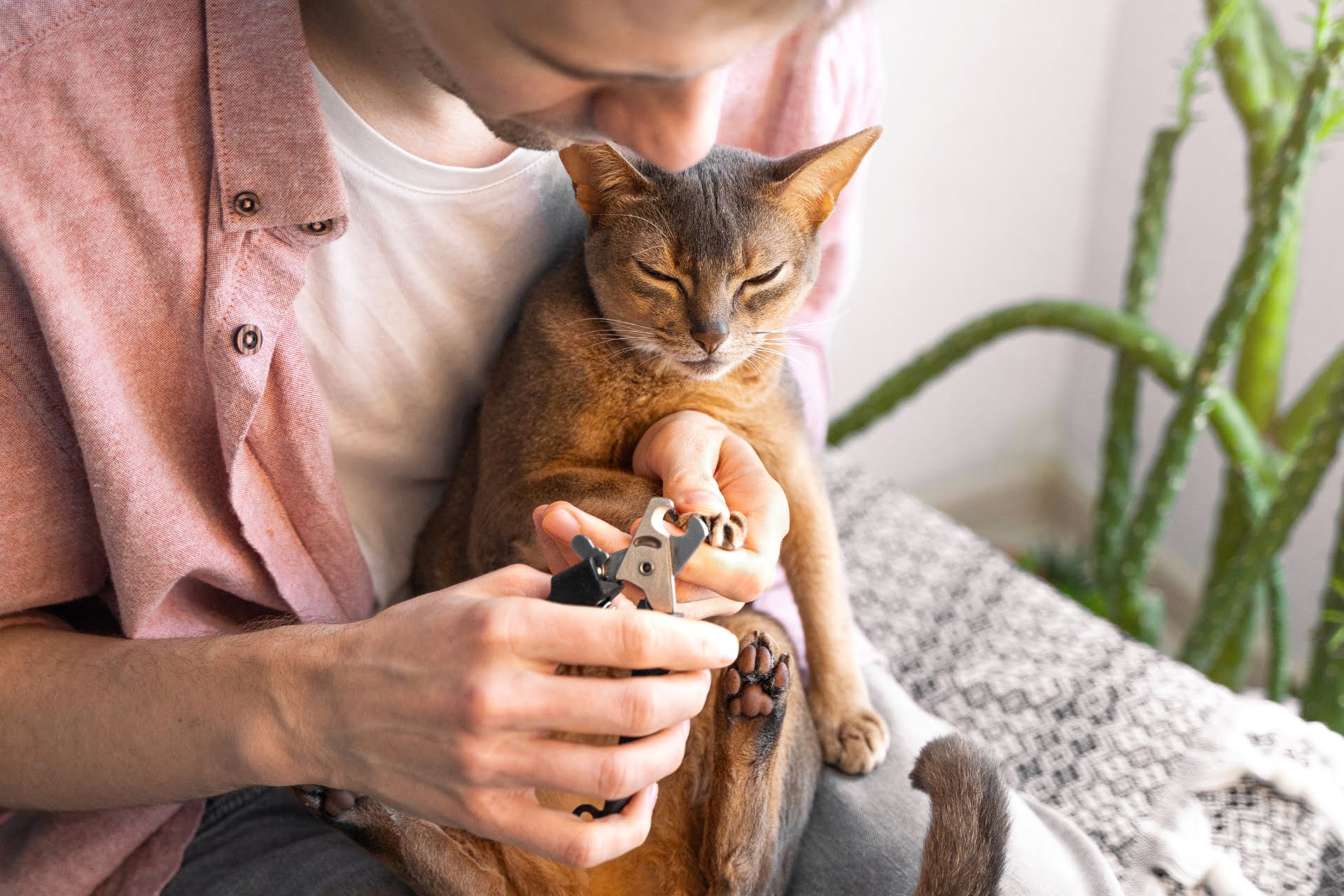Caring for Senior Cats: Tips and Advice
As our furry friends get older, it’s important to adjust our care routines to keep them happy, healthy, and comfortable. Cats, in particular, can be very good at hiding their health problems, so it’s crucial to pay close attention to their behavior and make regular vet visits. In this article, we’ll explore some tips and advice for caring for senior cats.
Understanding Senior Cat Needs
Before we dive into specific tips, it’s essential to understand what constitutes a senior cat. Generally, cats over the age of seven are considered seniors. However, this can vary depending on breed and overall health. Senior cats tend to become less active, and their metabolism slows down, so they may gain weight more easily. They may also have more health problems, such as arthritis, dental issues, and kidney disease.
Regular Vet Visits
One of the most important things you can do for your senior cat is to schedule regular vet visits. Your vet can assess your cat’s overall health and provide preventative care, such as vaccinations and parasite control. They can also detect any health problems early, which can lead to more successful treatment. It’s recommended that senior cats visit the vet every six months for check-ups.
Adjust Diet
As cats age, their nutritional needs change, and they may require different diets. Senior cats often require diets that are lower in calories and higher in protein to maintain a healthy weight and muscle mass. Additionally, senior cats may have dental problems, which can make it difficult for them to eat dry food. Wet food or a combination of wet and dry food may be a better option. It’s important to consult with your vet to determine the best diet for your senior cat.
Provide Comfortable Environment
Senior cats may become less active, and they may spend more time sleeping. Providing a comfortable environment can help keep them happy and healthy. Providing soft bedding, warm blankets, and comfortable resting areas can help ease joint pain and provide a sense of security. Additionally, litter boxes should be easily accessible, and food and water bowls should be at a comfortable height for your senior cat.
Regular Grooming
As cats age, they may have difficulty grooming themselves. This can lead to matting, skin irritation, and other problems. Regular grooming can help keep your senior cat clean and comfortable. Brushing your cat’s fur can help prevent matting and keep their coat shiny. Additionally, regular nail trimming can prevent painful overgrowth and reduce the risk of injury. Read more about how to trim your cat’s nails here and here.
Watch for Signs of Health Problems
Senior cats are more prone to health problems, so it’s essential to watch for signs of illness. Some common signs of health problems in cats include changes in appetite, weight loss or gain, changes in behavior, and changes in litter box habits. If you notice any of these signs, it’s important to schedule a vet visit as soon as possible.
Enrichment
Senior cats may become less active, but it’s still important to provide enrichment to keep their minds stimulated. Puzzle feeders, scratching posts, and interactive toys can provide mental stimulation and prevent boredom. Additionally, spending time with your senior cat, such as petting or playing, can provide valuable socialization and bonding. A cat’s purr can give you an indication of how it is feeling.
Health Care for Senior Cats
Regular check-ups with a veterinarian are crucial for maintaining the health of your senior cat. As cats age, they become more susceptible to certain health issues such as arthritis, kidney disease, and dental problems. A veterinarian can help diagnose and manage these issues before they become serious.
Vaccinations and preventative care are also important for senior cats. Make sure your cat is up-to-date on all necessary vaccinations and consider preventative treatments for issues such as fleas and ticks.
Diet and nutrition play a key role in the health of senior cats. Older cats may require a special diet that is lower in calories and higher in protein to maintain a healthy weight and support muscle mass. Speak with your veterinarian to determine the best diet for your senior cat.
Dental care is essential for all cats, but especially for seniors. Regular brushing and dental check-ups can help prevent dental issues such as periodontal disease and tooth loss.
Exercise and physical activity are important for maintaining muscle mass and keeping your senior cat at a healthy weight. Encourage playtime and provide toys that encourage movement.
Environmental Adaptations for Senior Cats
Comfortable living spaces are important for senior cats. Make sure your cat has a comfortable bed and consider providing additional soft surfaces such as blankets and cushions.
Mobility aids such as ramps and stairs can help senior cats navigate their living spaces more easily. Litter box considerations, such as providing a low-entry box, can also help make daily tasks easier for your senior cat.
Safety precautions are also important for senior cats. Make sure hazardous items such as cleaning products and electrical cords are safely stored out of reach. Consider installing baby gates to limit access to certain areas of the house.
Behavioral Changes in Senior Cats
As cats age, they may experience changes in behavior. These changes can include changes in activity levels, grooming habits, sleep patterns, and social behavior. It’s important to be aware of these changes and speak with your veterinarian if you have concerns.
Palliative Care for Senior Cats
Pain management is an important aspect of palliative care for senior cats. Speak with your veterinarian about pain management options.
There are also quality of life considerations to keep in mind when caring for a senior cat. This may include adjusting their environment to make it more comfortable or providing additional support such as heating pads for sore joints.
End-of-life care is also an important consideration for senior cats. It can be a difficult decision to make, but it’s important to consider your cat’s quality of life and make the best decision for them.
In conclusion, caring for senior cats requires attention to their health, environment, and behavior. With proper care and attention, senior cats can continue to lead happy and comfortable lives well into their golden years.
FAQs
What age is considered “senior” for cats? Senior age for cats is typically around 7-10 years, but it can vary depending on breed and overall health.
How often should senior cats see the veterinarian? Senior cats should see the veterinarian at least once a year for a check-up, but twice a year is recommended.
What are some signs that my senior cat may be in pain? Signs that your senior cat may be in pain include changes in behavior, reduced activity levels, decreased appetite, and increased vocalization.
Should I switch my senior cat to a special diet? Consult with your veterinarian to determine the best diet for your senior cat based on their individual needs.
What can I do to make my senior cat more comfortable in their living space? Provide comfortable bedding and additional soft surfaces, such as blankets and cushions. Consider mobility aids and litter box considerations, and ensure their living space is safe and hazard-free.
Conclusion
In conclusion, caring for a senior cat requires some adjustments to their diet, environment, and overall care routine. Regular vet visits, adjusted diets, comfortable environments, regular grooming, watching for signs of health problems, and providing enrichment can help keep your senior cat happy and healthy. Remember, your senior cat has given you a lifetime of love and companionship, so it’s essential to return the favor by providing the best care possible.




